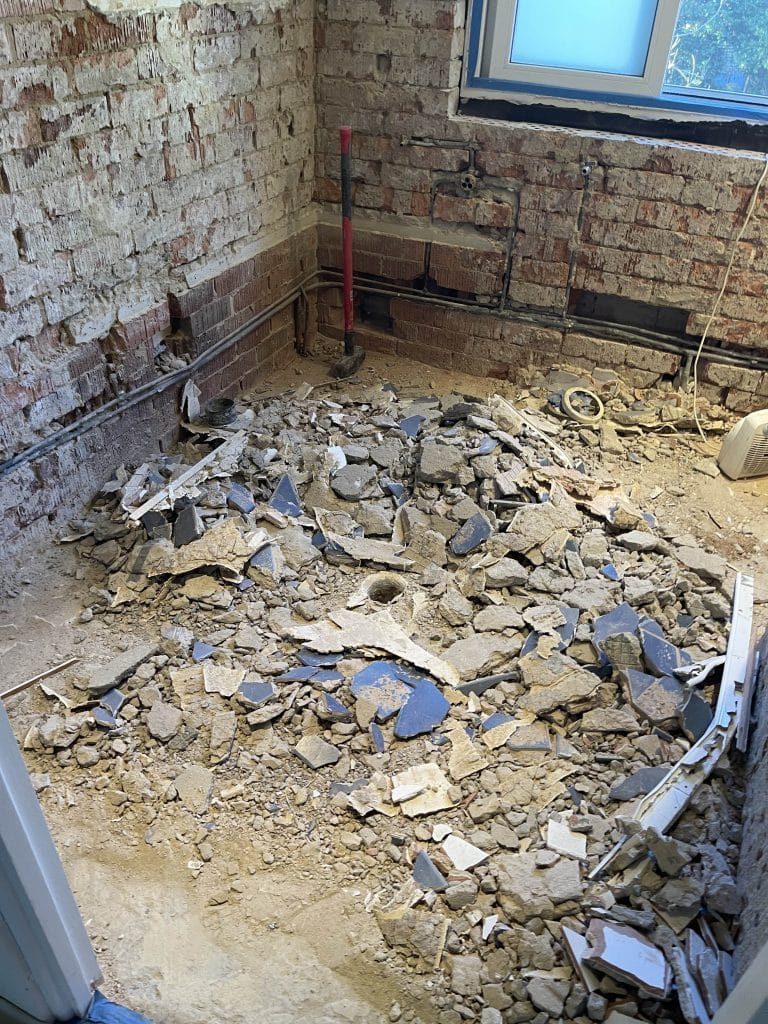During renovation projects, substantial amounts of rubble and construction debris are often generated. Instead of treating this waste as mere rubbish destined for the landfill, recycling renovation rubble can have significant environmental and economic benefits. In this blog post, we will delve into the importance of recycling renovation
rubble and explore the advantages it offers.
1. Reducing Landfill Waste:
By recycling renovation rubble, we divert a significant amount of waste from ending up in landfills. Construction and demolition debris contribute to the growing landfill crisis, consuming valuable space and causing environmental harm. Recycling these materials minimizes the strain on landfills and conserves precious natural resources.
2. Conservation of Resources:
Renovation rubble often includes materials like concrete, bricks, metal, and wood, which can be repurposed and reused. Recycling these materials reduces the demand for new resources, such as raw materials and energy-intensive manufacturing processes. It promotes a circular economy where resources are conserved and given a new lease on life.
3. Energy Savings:
Recycling renovation rubble consumes less energy compared to producing new materials from scratch. Processing recycled rubble requires fewer resources and emits fewer greenhouse gas emissions. By opting for recycling, we contribute to energy savings and reduce the carbon footprint associated with construction activities.
4. Cost-Effectiveness:
Recycling renovation rubble can be a financially viable option. Some recycling facilities may accept and process these materials at a lower cost than traditional waste disposal methods. Moreover, recycling can reduce overall project costs by minimizing waste removal expenses and potentially offering opportunities for tax credits or incentives.
5. Environmental Responsibility:
Choosing to recycle renovation rubble aligns with sustainability goals and demonstrates environmental responsibility. It showcases a commitment to reducing waste generation, preserving natural resources, and mitigating the environmental impact of construction activities. It sets a positive example for others in the industry and encourages sustainable practices. Recycling renovation rubble is not only environmentally responsible but also economically advantageous. By diverting waste from landfills, conserving resources, saving energy, and demonstrating environmental responsibility, we contribute to a more sustainable construction industry. Let us embrace recycling as a standard practice during renovation projects, and together, we can make a significant impact on waste reduction and the preservation of our planet’s resources.






